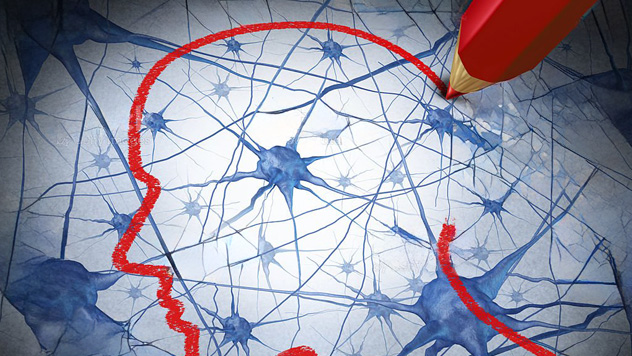Understanding Alzheimers disease and dementia
Alzheimer’s disease is a form of dementia that impacts memory, cognition, and behavior, with symptoms eventually reaching a level where they disrupt daily activities.
Alzheimer’s is the predominant cause of dementia. Dementia is a general term for cognitive impairment and memory loss severe enough to hinder daily life. Alzheimer’s disease accounts for 60-80% of all dementia cases.
Alzheimer’s is not a natural part of the aging process. The primary risk factor is advancing age, with the majority of individuals with Alzheimer’s being 65 or older. If Alzheimer’s occurs in a person under 65, it’s termed younger-onset or early-onset Alzheimer’s.
The disease progresses over time, with symptoms gradually worsening. In its initial stages, memory loss is mild, but in late-stage Alzheimer’s, individuals lose the ability to converse and interact with their surroundings. On average, a person with Alzheimer’s lives 4 to 8 years after diagnosis, but this can extend up to 20 years depending on various factors.
While there is no cure for Alzheimer’s, several medical treatments have shown promise in reducing cognitive and functional decline. Other treatments can temporarily slow symptom progression and enhance the quality of life for both patients and caregivers.
Symptoms of Alzheimers
The most common early sign of Alzheimer’s is difficulty in remembering new information.
As we age, our brains, like the rest of our bodies, undergo changes. Some slower thinking and occasional memory lapses are normal, but significant memory loss, confusion, and other profound cognitive changes may indicate dementia.
Typically, Alzheimer’s-related changes begin in the brain regions associated with learning and progress to more severe symptoms, including disorientation, mood and behavioral shifts, increased confusion about time and place, escalating memory loss, difficulty in speech, swallowing, and walking.
People experiencing memory loss or potential Alzheimer’s symptoms may not always recognize the issue themselves, but family and friends may notice the signs. Anyone exhibiting dementia-like symptoms should seek medical evaluation.
Alzheimer’s is not the sole cause of memory loss. Memory problems can result from various factors, and experiencing symptoms of dementia does not necessarily imply Alzheimer’s disease.
Brain Changes Due to Alzheimers
Alzheimer’s is thought to disrupt the functioning of the neurons in our brains, causing them to malfunction and eventually die, leading to irreversible brain changes.
Two abnormal structures, plaques and tangles, are believed to contribute to neural damage and death. Plaques consist of beta-amyloid deposits that accumulate between nerve cells, while tangles involve twisted fibers of the protein tau. Their exact roles in Alzheimer’s are not fully understood, but they are thought to interfere with nerve cell communication and essential cellular processes, ultimately leading to memory loss, personality changes, and daily activity problems.
Source: Alzheimers Association




